4health Special Care Adult Sensitive Stomach Formula Dry Dog Food
Calm your dog’s belly with help from 4health Special Care Adult Sensitive Stomach Formula Dry Dog Food. Made with high-quality ingredients and free of grains, this dry dog food formula is ideal for dogs with digestive concerns. The kibble is formulated with easily digestible proteins along with a special fiber blend designed to support healthy digestion. Plus, the dog food is packed with other essential nutrients – like taurine, species-specific probiotics and antioxidants – to provide complete nutrition. The meaty taste of this kibble is sure to appeal to your dog’s natural cravings and get them excited for mealtime. Available in 8 lb. and 25 lb. bags of dog food. Made in USA.
Calm your dog’s belly with help from 4health Special Care Adult Sensitive Stomach Formula Dry Dog Food. Made with high-quality ingredients and free of grains, this dry dog food formula is ideal for dogs with digestive concerns. The kibble is formulated with easily digestible proteins along with a special fiber blend designed to support healthy digestion. Plus, the dog food is packed with other essential nutrients – like taurine, species-specific probiotics and antioxidants – to provide complete nutrition. The meaty taste of this kibble is sure to appeal to your dog’s natural cravings and get them excited for mealtime. Available in 8 lb. and 25 lb. bags of dog food. Made in USA.
- Provides complete nutrition for adult dogs and may be fed long-term
- Made with quality, easily digestible egg and potato proteins and formulated without grains to help address your pet’s sensitive stomach
- Features select ingredients and underwent rigorous quality control processes
- Potatoes provide quality carbohydrates
- Fortified with taurine to support heart health and eye health
- Guaranteed antioxidants and canine-specific probiotics help support digestive and immune health
- Probiotics help maintain the proper balance in your dog’s digestive system; each cup of dry dog food provides live, active cultures that help support healthy digestion
- Fiber blend of tomato pomace, psyllium seed husk and dried chicory root helps support healthy digestion
- Delicious meaty taste that dogs love
- Made in USA
- Dog food is available in several different pack sizes to suit your needs
- 4health Special Care Sensitive Stomach Formula for Adult Dogs is formulated to meet the nutritional levels established by the AAFCO Dog Food Nutrient Profiles for maintenance
- Note: The facility in which this dog food is made also makes food that may contain other ingredients, such as grains; trace amounts of these other ingredients may be present
Additional information
| Country of Origin | Made in USA |
|---|---|
| Breed Size | Extra Small, Small, Medium, Large, Extra Large |
| Flavor | Chicken |
| Health Features | Heart Health, Sensitive Stomach, Digestion Support |
| Life Stage | Adult |
| Primary Flavor | Chicken |
| Special Diets | Wheat Free, Probiotics, Soy Free, Grain Free, High Protein, Corn Free |
| Manufacturer Part Number | 9258 |

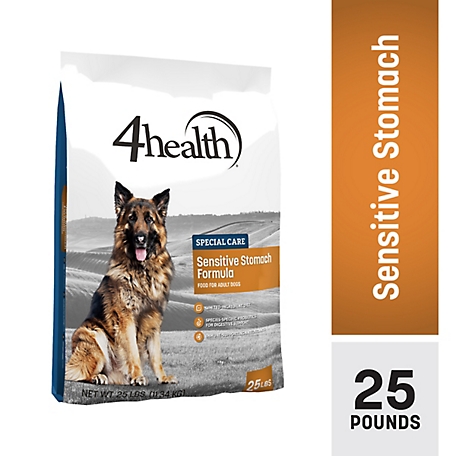
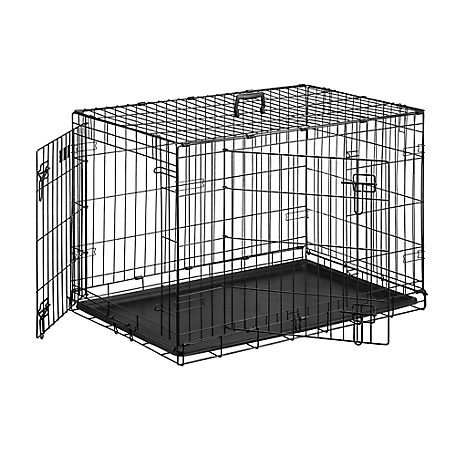
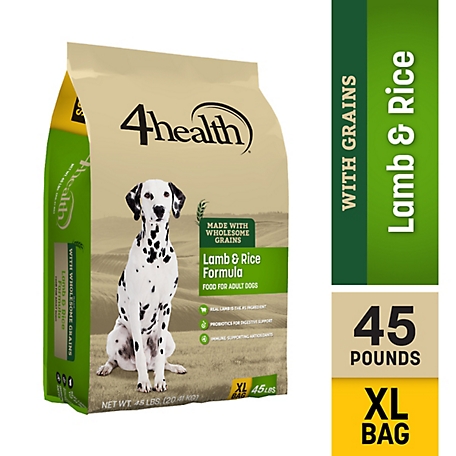
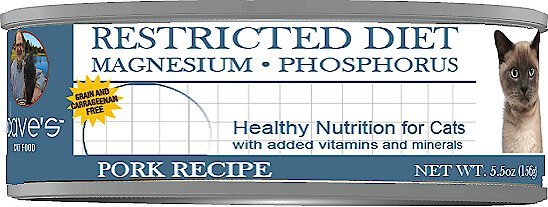



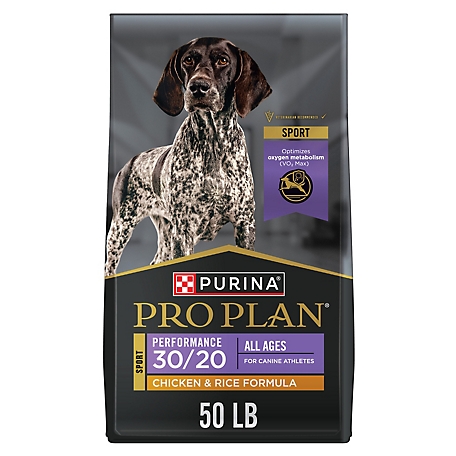


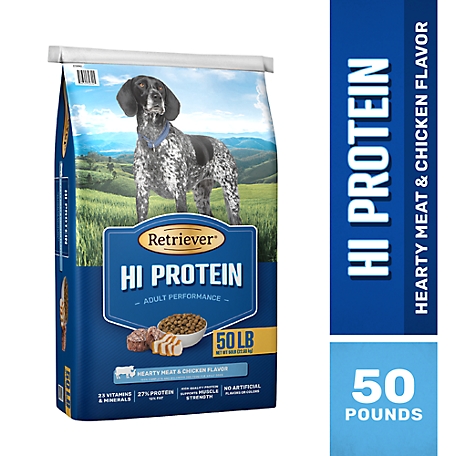
by Rambo
It’s really fitting to have a picture of a German Shepherd for sensitive stomach food, rough and tough dog but very sensitive stomach. My dog loves this stuff and does really well with this along with the soft canned sensitive stomach food, thank you
by Merradee
We only feed our senior dog this grain free product. It is hard to come by so we pre-order and pick up in the store. Thank you for having that option available.
by Nellie
My GSD suddenly developed digestive issues after turning 3 years old. I tried several diet combinations before trying this, some being triple the cost of this feed. Almost immediately she tolerated it, stools became solid, more digested, and has started to regain weight. I am extremely pleased with her new food. Try it, this may be just the thing you need.
by Cindee
Awesome dog food.
by Andrew
One of my dogs started having stomach issues, and regurgitate her food several hours after she would eat. Our dogs had been eating the same Victor food (purple bag for 5 years, but all of a sudden it was a problem. The nice associate at Tractor Supply in Mooresville NC listened to the situation, recommended this food, and even gave us a small bag to see if it helped. The food took care of the entire problem, and we love that our dogs aren’t having anymore stomach issues. I just wish they offered it in a larger bag than just the 25lb bag.